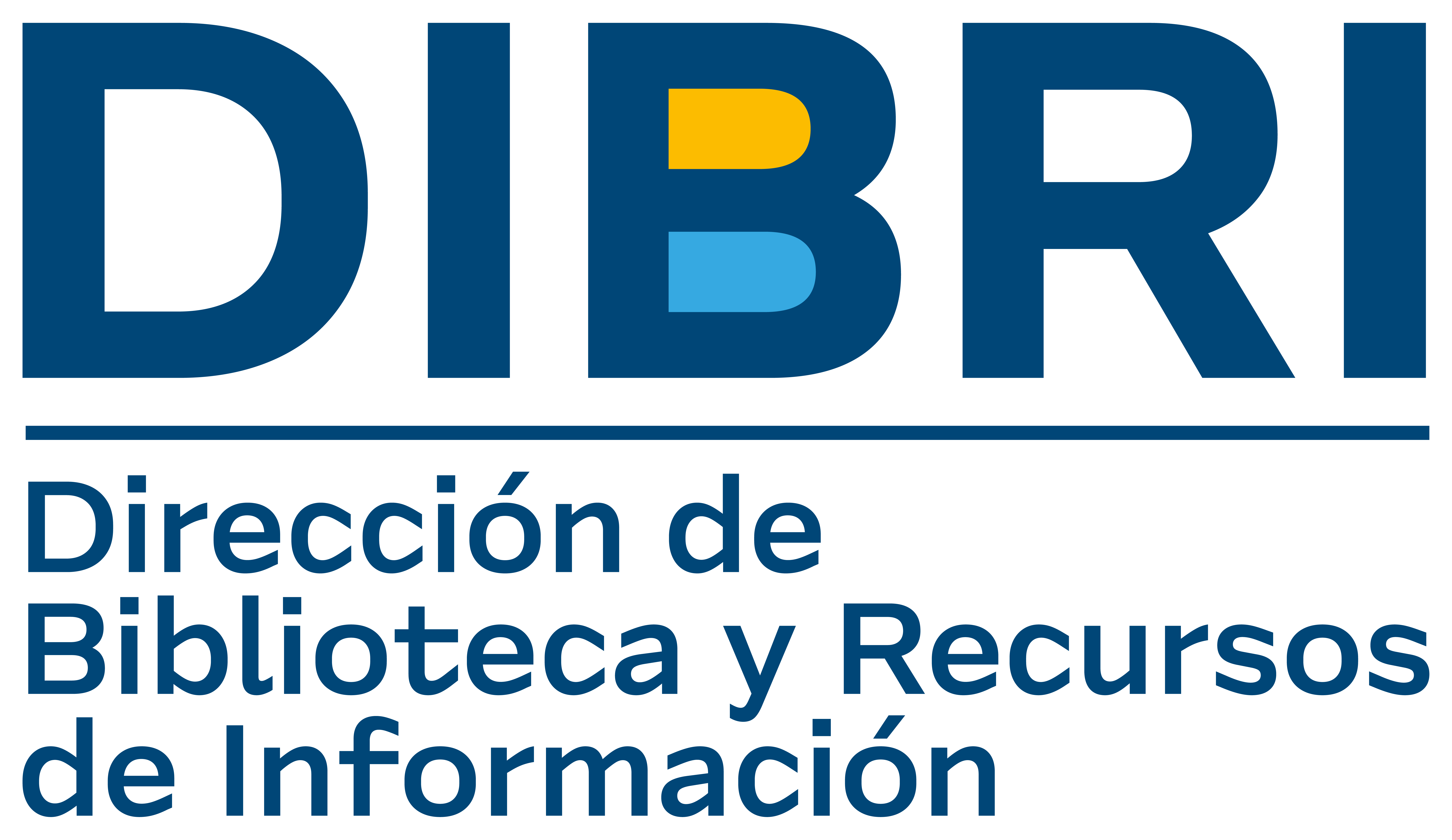Does the teacher's oral input support the student's development of the listening skill?
Resumen
Does Teacher’s oral input support students’ development of listening skill?
Along the years of study in the English teaching training programme there
has been the discussion about the beneficial impact that produces performing
classes in English to enhance EFL’s students learning of the target language.
However, when the practicum is executed this premise is mostly argued for and
against by English teachers.
The aim of this study is to determine whether Students who are exposed
to large extents of teachers’ oral English language show higher performance in
listening evaluations whereas students who are exposed to scarce teachers’
oral English language depict lower performance in listening evaluations. For this
purpose a one month length experiment was performed in the public
delegated administration “Liceo Industrial y de Minas Ignacio Domeyko”,
Recoleta. An Experimental group of 24 and a Control group of 27 boys and
girls of tenth grade were selected. The Experimental group was exposed to
classes performed mostly in English and the latter group to scarce amount of
English and mostly mother tongue.
The Cambridge Flyers listening test was chosen to diagnose the
situation of the subjects before performing the experiment and to assess the
results of the students after the experiment. The results of this study were
that choosing English or the mother tongue may be useful for a short period
of time when performing classes, since both groups performed better in last
test. Besides, the research determined that using both or either of these
languages to teach classes to enhance students learning depends on the
context of the class.



